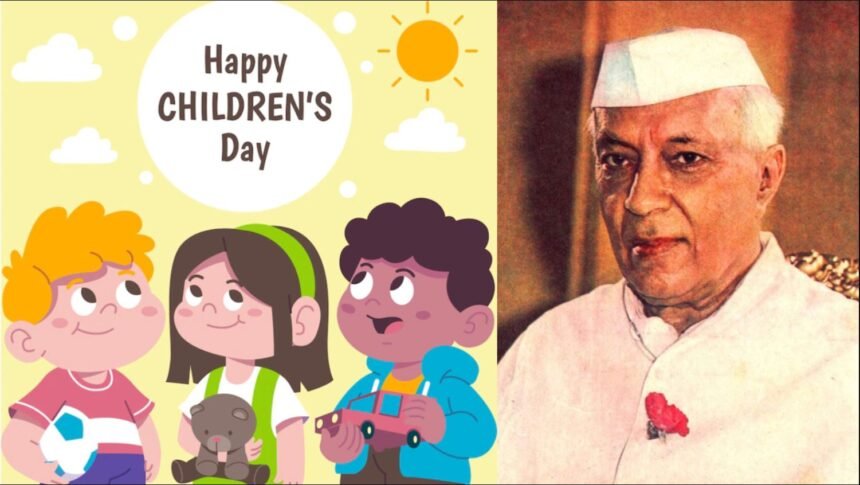Delve into the rich history and significance of Children’s Day, tracing its roots to Pandit Jawaharlal Nehru. Discover the joyous celebrations and why it matters.
Pandit Jawaharlal Nehru, the first Prime Minister of India, is not only a pivotal figure in Indian history but also a cherished symbol of love and affection for children. As we celebrate Children’s Day on November 14th, it is imperative to delve into the life and legacy of this great leader, exploring his influence on the inception of Children’s Day and his lasting impact on the nation.
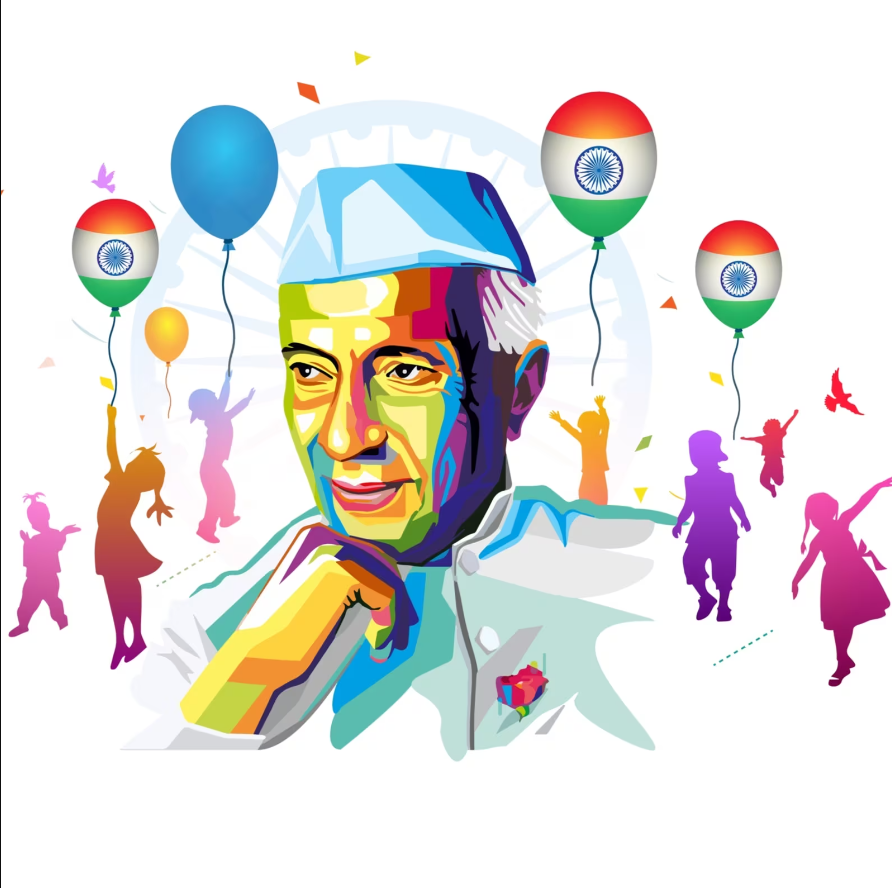
ALSO READ: Celebrating The 119th Birth Anniversary of Lal Bahadur Shastri
Early Life and Political Ascendancy
Born on November 14, 1889, in Allahabad, Pandit Nehru emerged as a prominent political figure during India’s struggle for independence. His early education in England, exposure to Western philosophies, and association with Mahatma Gandhi molded him into a charismatic leader and an advocate for social justice.

The Visionary Architect
Building the Modern India
Pandit Nehru played a pivotal role in shaping the destiny of independent India. His vision extended beyond the immediate goals of the freedom struggle, focusing on building a modern, democratic nation. The foundations he laid in the formative years continue to influence India’s socio-economic and political landscape.

Educational Reforms
Nehru’s commitment to education was unwavering. He believed that a well-educated populace was crucial for the progress of the nation. His emphasis on scientific temper and technological advancements laid the groundwork for educational reforms that continue to resonate in the contemporary Indian education system.
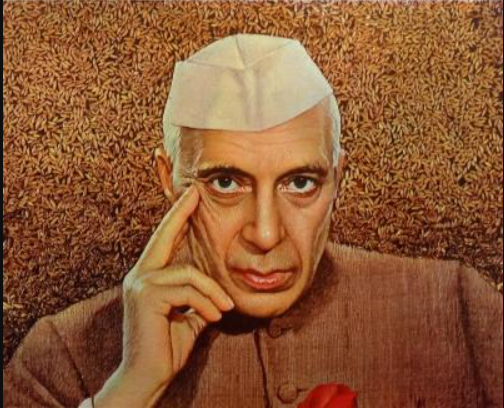
ALSO READ: Narendra Modi Age: Biography & Facts
Children’s Day: A Tribute to Nehru’s Affection for the Young
Origin of Children’s Day
Children’s Day, celebrated on Nehru’s birthday, is a testament to his deep affection for the younger generation. Recognizing the importance of nurturing young minds, he famously said, “The children of today will make the India of tomorrow.” This sentiment led to the establishment of Children’s Day, a day dedicated to honoring the innocence, potential, and aspirations of the youth.
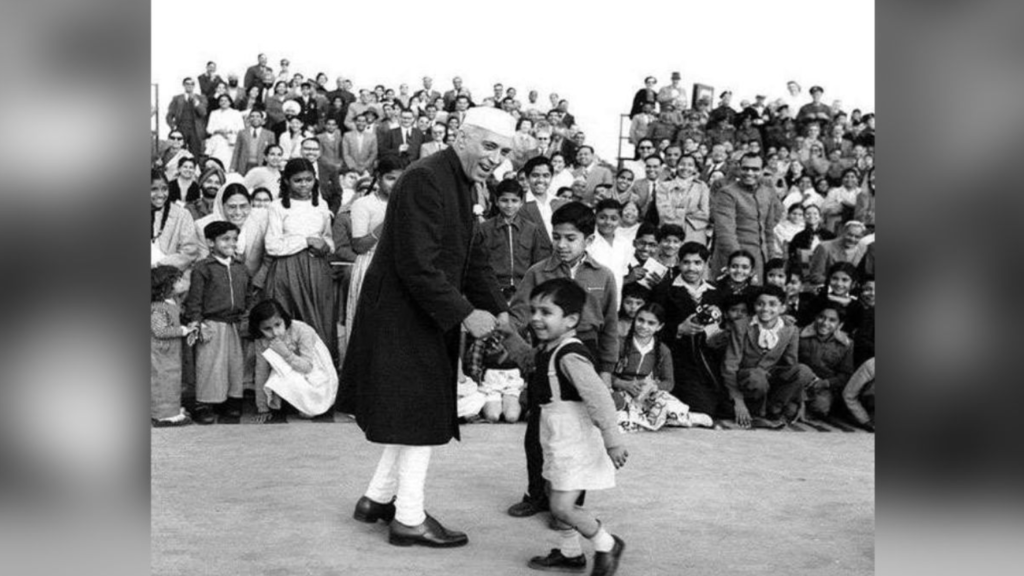
Celebrations Across India
On Children’s Day, schools and institutions across India organize various activities to commemorate Nehru’s legacy. Cultural events, competitions, and educational programs are conducted to instill a sense of pride and responsibility in the younger generation.
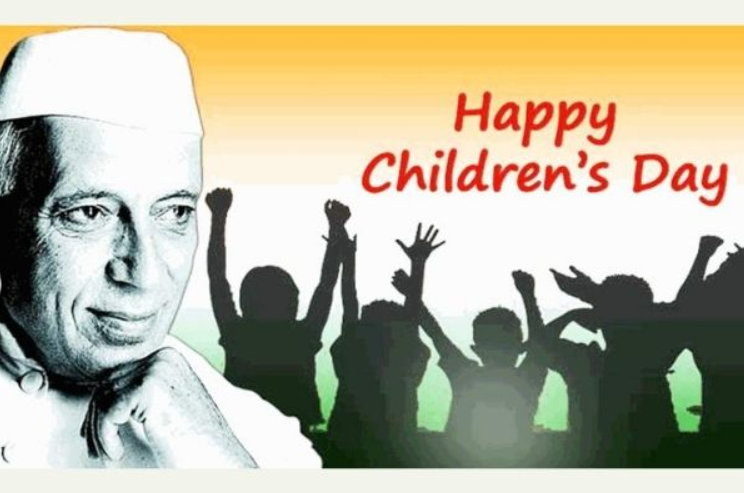
Legacy and Continued Influence
Political Legacy
Nehru’s political legacy is profound, marked by his role in establishing democratic institutions and advocating for inclusive development. His vision of a secular, socialist India laid the groundwork for the country’s political ethos.
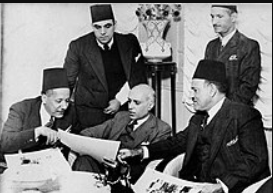
Global Statesman
Internationally, Nehru was a respected statesman, contributing to the Non-Aligned Movement and fostering diplomatic relations. His commitment to peace and cooperation on the global stage solidified India’s position as a significant player in international affairs.

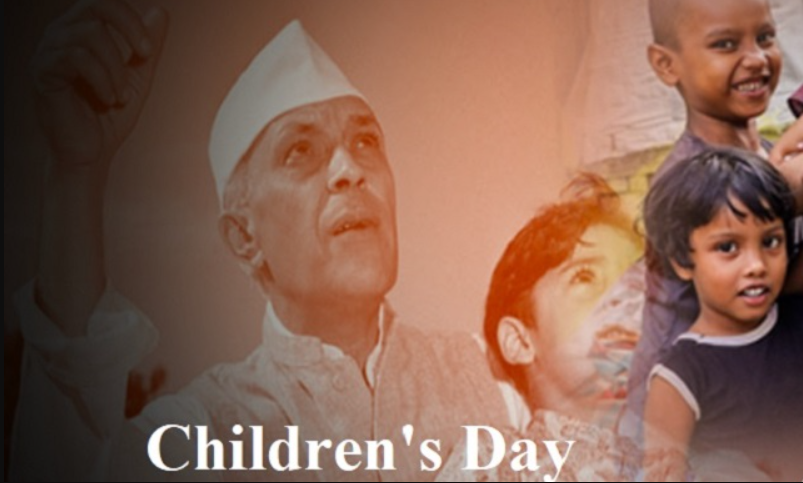
Children’s Day is observed throughout India to create awareness about children’s rights, education, and welfare. Every year on November 14th, it commemorates the birthday of India’s first prime minister, Pandit Jawaharlal Nehru, who was known to be fond to children. Many educational and motivational programs for children are held across India on this day. Some schools in India give their children time off on Children’s Day, while private institutions host a fair for their students.
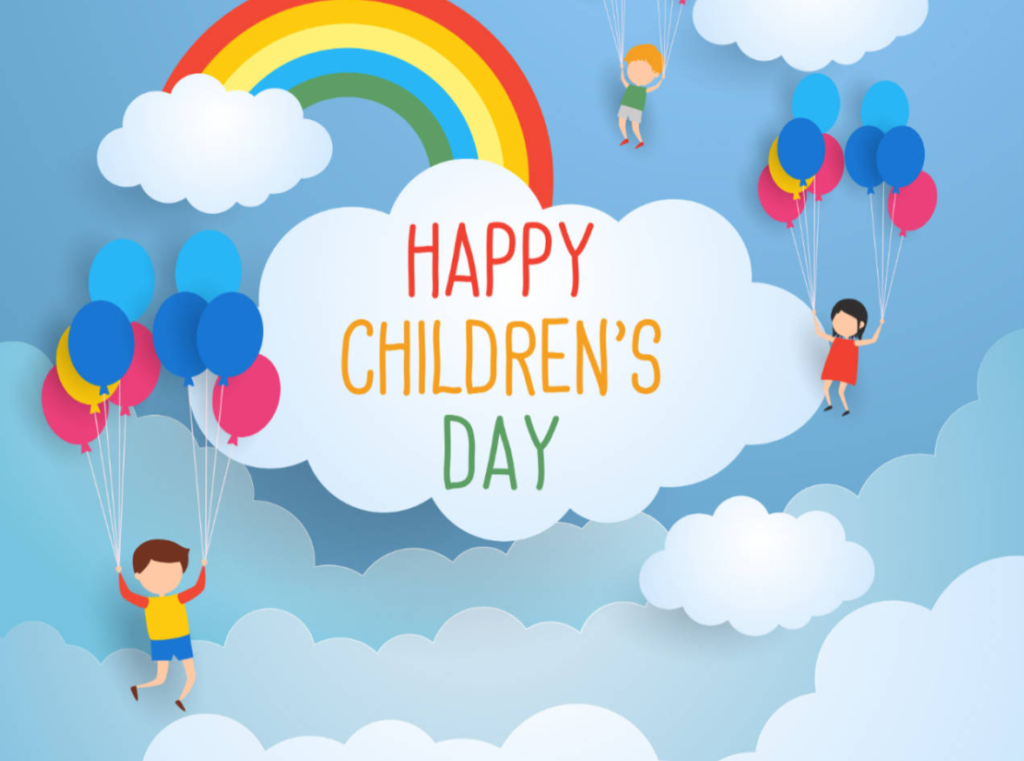
In commemorating Pandit Jawaharlal Nehru and celebrating Children’s Day, we pay homage to a visionary leader who shaped the destiny of a nation. His ideals, commitment to education, and love for the young continue to inspire generations. As we reflect on Nehru’s legacy, let us strive to uphold the values he cherished, ensuring a bright and promising future for India and its children.
Click here, to check HNN’s latest post.
ALSO READ: The Legacy Of Mahatma Gandhi: Celebrating His 154th Birth Anniversary
Image Source: Google







